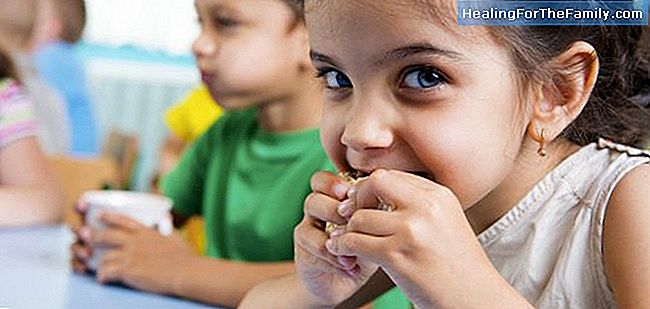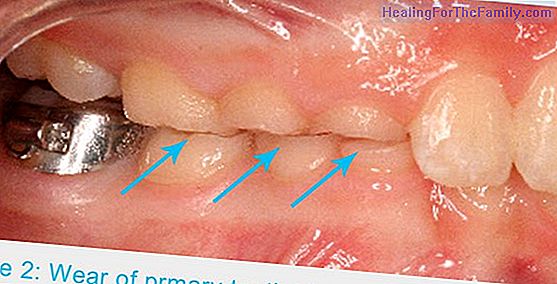The benefits of carbohydrates in children
One of the primary foods in the diet of children are carbohydrates or carbohydrates. A source of energy necessary for the rhythm of life of the smallest. But not all carbohydrates are good, there are simple and complex ones, and the latter are the ones that best suit the needs of children. Differenc
One of the primary foods in the diet of children are carbohydrates or carbohydrates. A source of energy necessary for the rhythm of life of the smallest.
But not all carbohydrates are good, there are simple and complex ones, and the latter are the ones that best suit the needs of children.
Differences between simple and complex carbohydrates

- Simple carbohydrates have a much more fleeting impact on the child's organism, providing a feeling of satiety instantly and metabolizing simple sugar more quickly, by which Reserves of the energy provided by the food are spent very quickly. Foods such as fruit and milk or commercial products such as candies contain this type of simple carbohydrate
- Complex carbohydrates are characterized by having a slow absorption by the child's body, therefore, they will not pass so quickly to blood, which reduces glucose peaks, and also provide greater satiety and facilitate digestion. Foods that fall into this category are usually derived from wheat flour or corn, such as bread or pasta.
What role carbohydrates play in the child's body
- Carbohydrates have energetic functions, they are the fuel of the brain and the nervous system, and responsible for saving proteins or regulating fats.
- Thanks to carbohydrates, children perform their organic, physical and psychological functions.
- The brain consumes about 100 grams of glucose, the liquid form of hydrates, daily, something very important for the proper functioning of the central nervous system and avoid hypoglycemia, dizziness or fatigue.
Carbohydrates, the most important food in children's diet
As in almost everything in this life should be monitored, since an excess of carbohydrates can cause obesity, diabetes and heart problems in the child. A more or less balanced diet should contain 55% carbohydrates, between 10 and 15% of proteins and 33% of fats.
Therefore, controlling the diet of the youngest children becomes a fundamental task for their proper development, and in regard to carbohydrates in particular, the consumption of simple sugars, contained in sweets, should be limited, and boost the consumption of complex carbohydrates, present in vegetables, pasta or wholemeal bread.
Diego Fernández. Editor of Guiainfantil.com












